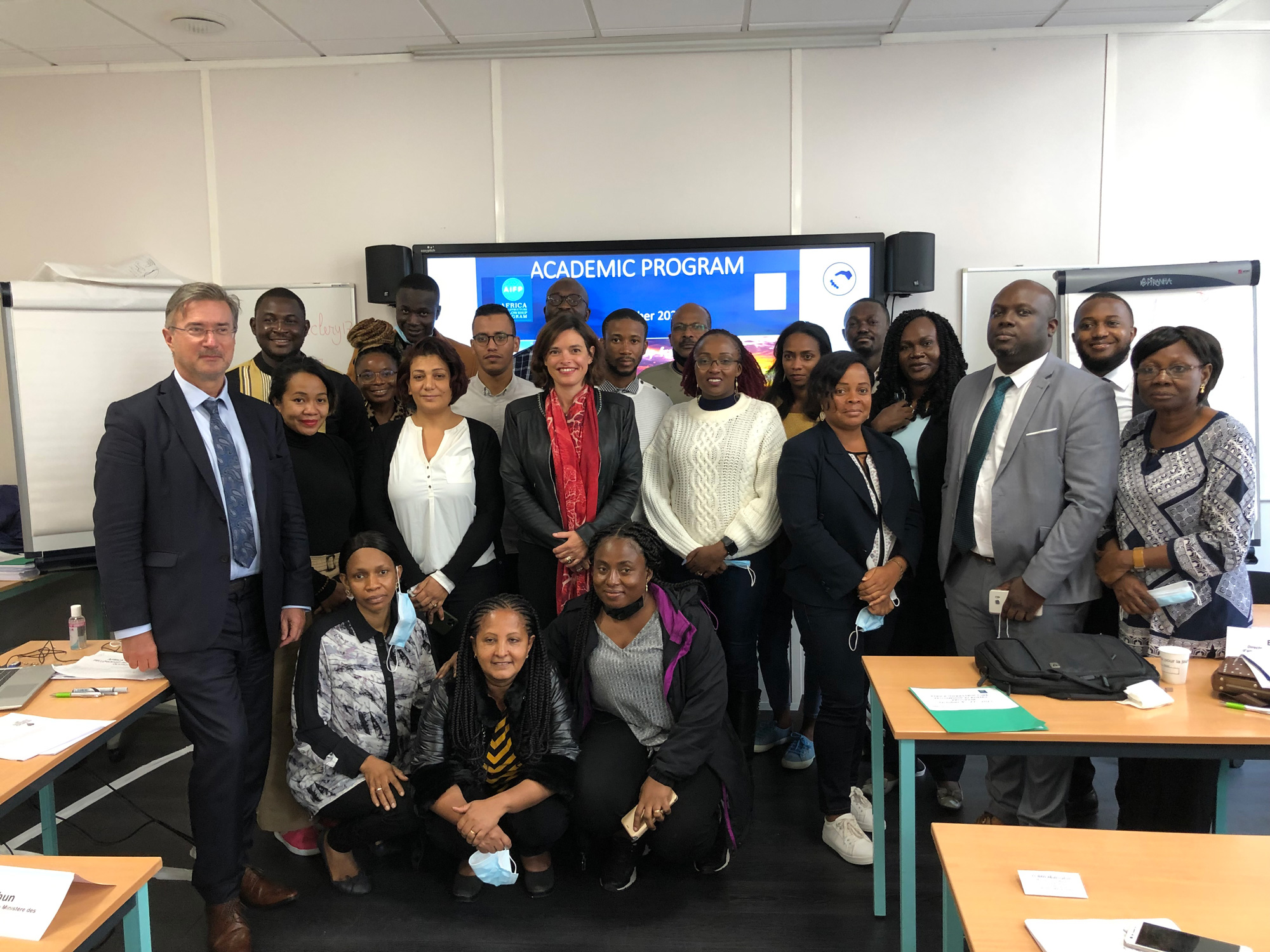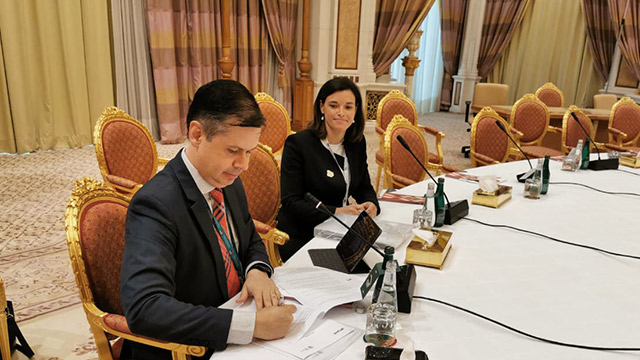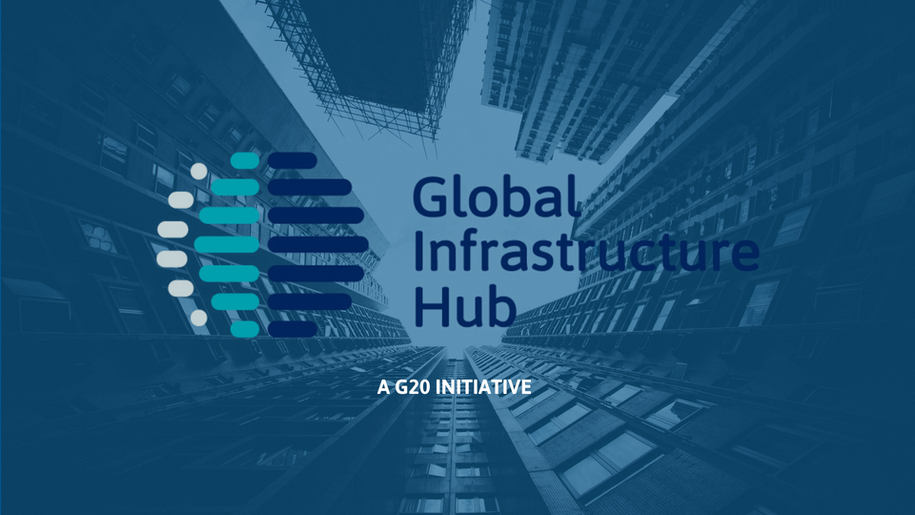299 results found
Last week, the GI Hub facilitated an infrastructure roundtable in Toronto with Canadian private sector participants, industry associations, and government infrastructure agencies.
This month the GIobal Infrastructure Hub (GI Hub) was delighted to participate in the second Africa Infrastructure Fellowship Program (AIFP). The capacity-building program is designed to upskill African government infrastructure specialists, enabling them to facilitate increased investment in a pipeline of new, sustainable infrastructure that has positive social and economic impact in African communities.
On 3 and 4 August, the Global Infrastructure Hub shared panel discussion with government and private sector executives at the Centre for Aviation’s Asia Pacific Summit 2016.
Accelerating the development of Brazil’s infrastructure markets is the aim of Global Infrastructure Hub’s (GI Hub) Country Program with Brazil, recently confirmed in a Letter of Intent with the nation’s Secretary of International Economic Affairs (SAIN) of the Ministry of Economy.
Infrastructure definitions and classifications (taxonomies) have a huge impact on how much gets invested in infrastructure and what types of infrastructure get this investment. This week the G20 and GI Hub held a roundtable on infrastructure taxonomies to explore how they can be used to help close the infrastructure investment gap.
An industry event about the need to attract private capital and develop infrastructure as a standalone asset class is nothing new. However, the G20 Infrastructure Financing Seminar that took place in London last week was unique in that it had the most wide-ranging and intense interactions between governments and the private sector that I have seen to-date.
InfraChallenge 2021 invited ideas for building and maintaining better, more resilient infrastructure. Today we announce the Top 10 competitors.
The Public-Private Infrastructure Advisory Facility (PPIAF) held its Partnership Council Meeting in Vienna, Austria this June. This meeting brought together PPIAF’s esteemed donors and welcomed the Kingdom of Saudi Arabia as the newest donor to PPIAF with their contribution that has supported the integration of the Global Infrastructure Hub (GI Hub) into the PPIAF family. Over the two days, PPIAF engaged in a packed agenda where donors expressed appreciation for the impactful and relevant programs PPIAF delivers.
Respond to our annual Stakeholder Survey and help us drive change as pressing global climate and economic problems call for infrastructure that is exponentially more sustainable, more inclusive, and more resilient.
Investors are most concerned about political and regulatory stability and the liquidity of the infrastructure market when considering funding public infrastructure, a new survey has revealed.
As 2018 comes to a close, we would like to take this opportunity to thank you for your support this past year. The Global Infrastructure Hub (GI Hub) had an ambitious agenda for 2018 and we are pleased to say that, with the help of our partners and stakeholders, we have been able to achieve some important milestones.
GI Hub was recognised for its work in supporting this Agenda through a library of InfraTech use cases
The Financial Stability Board (FSB) have published a consultation report on the Evaluation of the effects of financial regulatory reforms on infrastructure finance.
This GI Hub and IFC webinar discussed approaches to attracting institutional investors and mobilising capital markets, highlighting solutions and lessons learnt from two recent projects.
Watch the GI Hub and Jacobs webinar ‘Global practices and insights for improving infrastructure delivery models.’ The discussion explored GI Hub's new initiative Improving Delivery Models and highlighted lessons learnt by stakeholders behind the Grand Paris Express, Sydney Metro and Toronto Metrolinx projects.
Watch the GI Hub and International Finance Corporation (IFC) webinar ‘Green recovery for cities: What role can the private sector play’, the second in the series 'New Deals: Funding solutions for the future of infrastructure'. The discussion explored green recovery solutions and highlighted lessons learnt from two projects.



 G20 Infrastructure Outcomes
G20 Infrastructure Outcomes




















